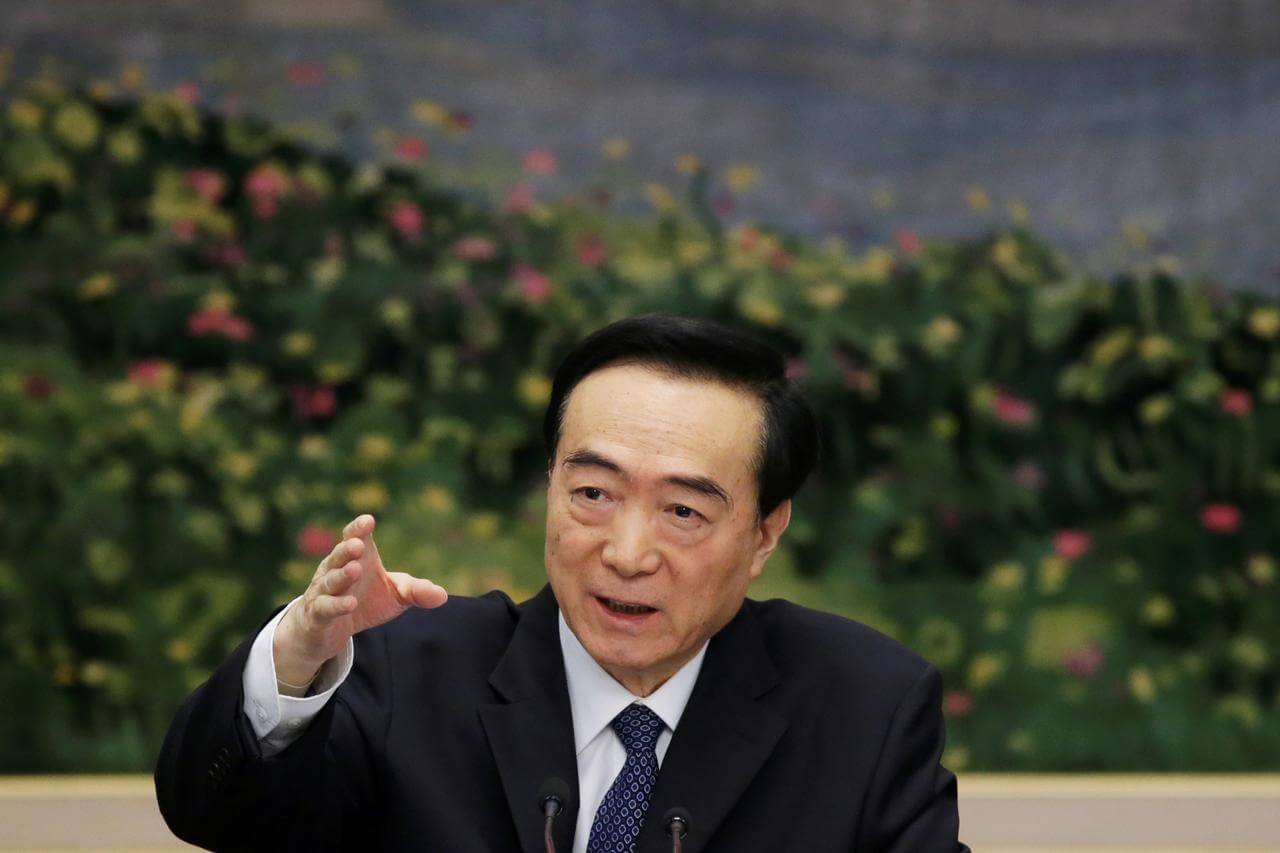The United States has imposed sanctions on senior officials of the Chinese Communist Party for their involvement in human rights abuses targeting Muslim minorities in Xinjiang. The US State Department on Thursday said that among those targeted are Chen Quanguo, the Communist Party secretary for the region, Zhu Hailun, Party Secretary of the Xinjiang Political and Legal Committee (XPLC), and Wang Mingshan, the current Party Secretary of the Xinjiang Public Security Bureau (XPSB). The sanctions include visa restrictions for the officials and their families, freezing of their US-based assets, and criminal punishment for those engaging in financial transactions with them.
China is accused of mass detentions, religious persecution and forced sterilization of more than 1 million Uighurs and other religious and ethnic minorities the western part of the country. US Secretary of State Mike Pompeo said in a statement: “The United States will not stand idly by as the Chinese Communist party carries out human rights abuses targeting Uighurs, ethnic Kazakhs and members of other minority groups in Xinjiang, to include forced labor, arbitrary mass detention, and forced population control, and attempts to erase their culture and Muslim faith.”
Mr. Chen, who is a member of the ruling politburo, is the highest ranking Chinese official ever to be hit by sanctions. He is said to have been the “architect” of Beijing’s repressive policies in both Tibet and Xinjiang. Pompeo said that Washington was acting against the “horrific and systematic abuses” in the region, and that it would place additional travel restrictions on other Communist Party officials who were involved. There has been widespread support for these sanctions on both sides of the aisle. The Uyghur Human Rights Policy Act was passed overwhelmingly in Congress and signed by the President last month. Other than mandating sanctions on officials oppressing the Uighurs, the legislation also requires US businesses in the region to ensure that their activities don’t contribute to human rights violations, including the use of forced labor.
The decision to impose restrictive measures is the latest in a series of actions that President Donald Trump has taken against China, as relations between the rivals continue to sour over human rights, the coronavirus pandemic, trade, and Hong Kong. Both sides have recently introduced tit-for-tat visa restrictions on officials involved in formulating policies for Tibet. The two countries are also sparring on nuclear arms control negotiations along with Russia. Washington has repeatedly called on Beijing to join the dialogue between the US and Russia to extend the New START treaty—which is the last remaining nuclear arms control pact—but China has said that it has that though it is a “strong advocate for nuclear disarmament”, it has “no interest in joining the US and Russia in their bilateral talks” until the US cuts its nuclear arsenal (which is currently almost 20 times the size of China’s) to match the Chinese level.
Image Source: Reuters
US Sanctions Senior Chinese Officials Over Human Rights Violations in Xinjiang
Chen Quanguo is the highest-ranking Chinese official ever to be hit by sanctions.
July 10, 2020

